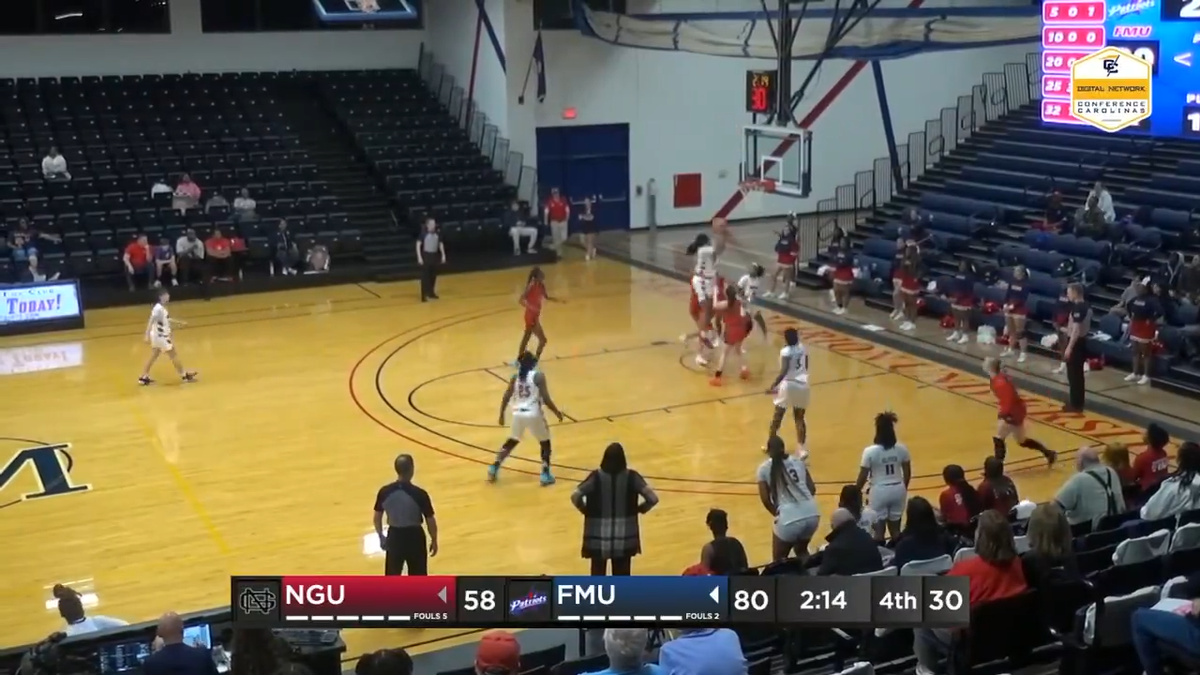The ongoing battle between the Chicago Bears and three public school districts in the northwest suburbs over property taxes for the site of the team’s proposed $5 billion entertainment and housing complex is a prime example of the seedy underbelly of financing stadiums in 2024. The Bears, led by owner Virginia McCaskey, purchased the former Arlington International Racecourse property for $197 million and demolished all the buildings on the site in an attempt to lower its property value and pay fewer taxes. The Cook County Assessor’s Office valued the property at $192 million, while the school districts wanted it valued at around $160 million, both figures less than what the Bears paid for it.
The Bears submitted their own property appraisals, valuing the property at around $60 million, to negotiate a deal with the school districts. The team’s CEO, Kevin Warren, even went as far as to call the school districts’ valuation a “non-starter,” despite the fact that the districts rely on property taxes for 63% of their funding. This blatant attempt by the team to avoid paying their fair share of taxes, especially when owner Virginia McCaskey is worth around $2 billion, is a glaring example of the greed and entitlement that often accompanies professional sports franchises.
The mayor of Arlington Heights, Tom Hayes, has denied that the Village is pressuring the school districts to agree to a lower property tax valuation for the Racecourse property, but the optics of the situation are hard to ignore. The Bears, who are worth billions, are trying to strong-arm cash-strapped public schools into accepting less tax revenue than they need to educate their students, all in the pursuit of a new stadium complex that will benefit the team and its wealthy owners.
The idea that new stadiums bring in business and revenue to surrounding communities has been debunked by economists, yet politicians continue to fall for the promises of economic growth and prosperity that often accompany stadium deals. In reality, these deals often leave taxpayers on the hook for millions of dollars in debt and provide little in the way of tangible benefits to the community.
It’s time for politicians and team owners like Virginia McCaskey to prioritize the needs of public schools and the community over the demands of professional sports franchises. The ongoing battle over property taxes for the Bears’ proposed stadium complex is a stark reminder of the power dynamics at play in these negotiations, and the importance of holding team owners accountable for their actions.





